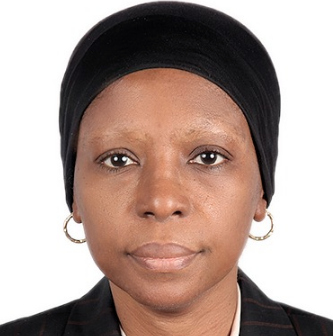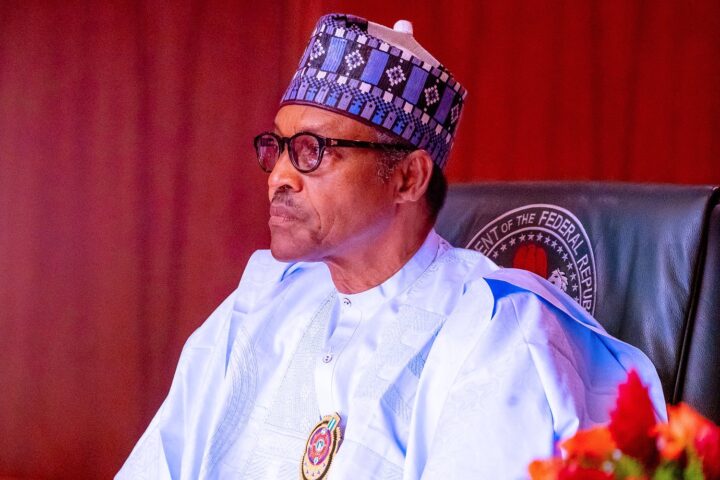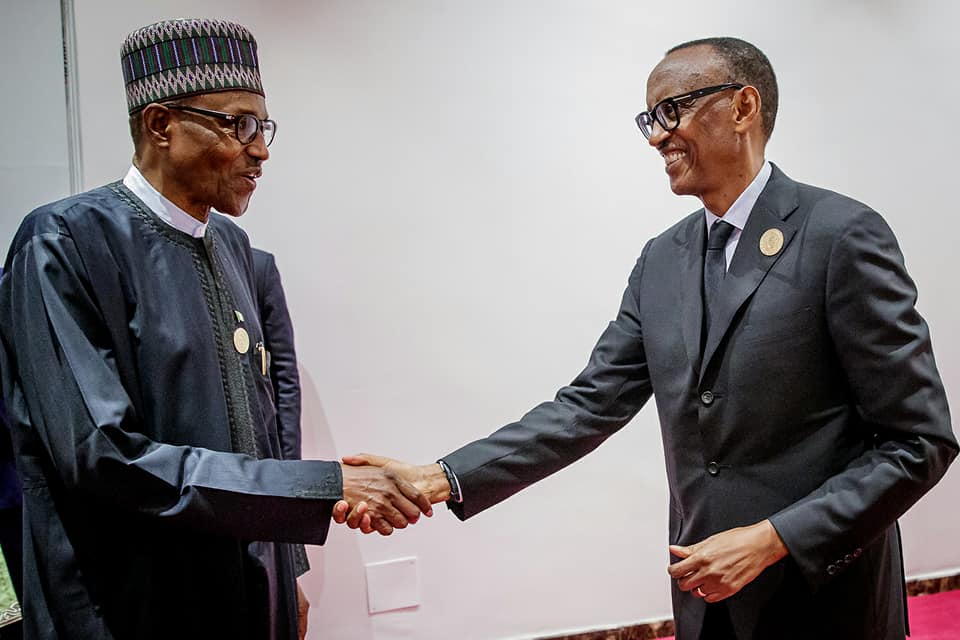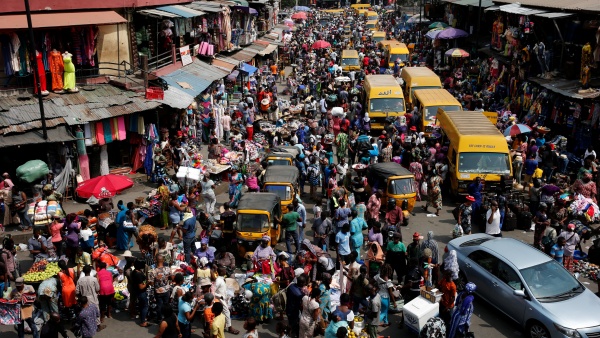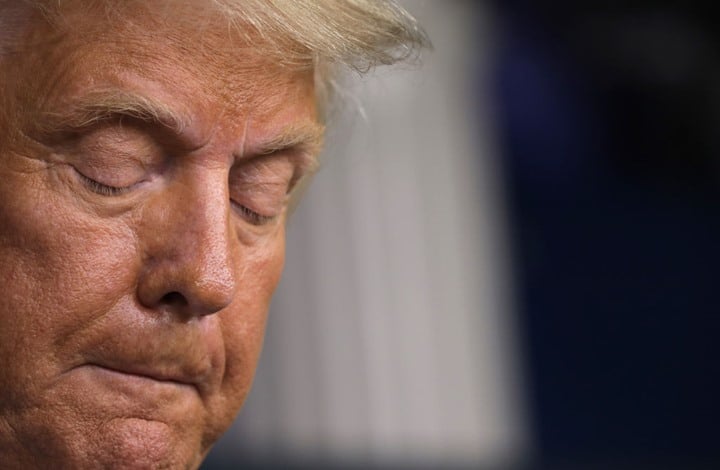When the year 2020 comes to an end it won’t be missed. The year began calmly enough, but by March the world realised that the coronavirus was the worst public health emergency it had faced in over a century. The virus has so far killed over 1.36 million people and devasted the world economy at a speed faster than thought possible even a year ago. Coronavirus and lockdown became the unlikely words of the year. China, the source of the virus, was one of the few countries that grew their economies in a year that saw the developed world on its knees.
Nigeria was spared the devastating human toll but the economy was battered. The price of crude oil, the main source of revenues and foreign exchange, collapsed, throwing the government into fiscal chaos and leading to the worst quarterly economic contraction in decades. The #ENDSARS protests started peacefully but eventually unleashed pent-up anger leading to massive destruction of public and private properties in Lagos. Nigerians are living through the aftermath and wondering what next?
Despite the tense atmosphere, I believe there is hope. For a start, Nigeria’s youthful population is an asset. The demographic dividend enjoyed by many countries on their way to economic success is Nigeria’s for the taking if the right policies are implemented and required investments made. The obvious and number one investment is in basic education and vocational training. Nigeria needs to get its large number of out of school children into classrooms and it needs to improve the quality of primary education. The government does not need to do it alone. It could utilise the private sector. A radical idea is for state governments to introduce a voucher system for primary school education. For example, every child gets a voucher for a certain amount to cover tuition in a primary school. Parents can choose a public or private primary school to use their voucher and can make up the difference if they wish to send their child to a more expensive private primary school. Low-quality primary schools will subsequently die out because they can’t attract enough students to pay their teachers.
Vocational training, both in schools and on the job, is key for increasing the productivity of the workforce. Federal and state governments can make a difference by strengthening technical schools and providing incentives for employers to take on apprentices and interns. These incentives could include cheap land, tax breaks and cheap credit.
Advertisement
Another radical idea, but achievable, is for the government to guarantee that anyone between 21 and 30 years is guaranteed either an education, an internship or apprenticeship, or a job. This is doable but requires collaboration between the three tiers of government and the private sector. If Nigeria can pull this off, it will be a game-changer. The productivity that will be unleashed and the demand for goods and services, as a result of the jobs that will be created, could be the boost the economy badly needs to get out of its sluggishness.
The second thing going for Nigeria is that it does not lack competent and successful leaders below the age of sixty. We just need to look at the success of the banking industry and other successful businessmen such as Aliko Dangote and Abdulsamad Rabiu (both are now over sixty) to see the potential. Some will argue that running a country is different from running a business. I will argue that they are very similar. First, a good leader, whether in public service or business, needs energy, drive and capacity to craft a vision and develop a strategy to realise the vision. Second, a good leader needs to know how to get things done, by selecting a great team to execute the strategy, exercising judgement and managing the occasional crisis. The likes of Dangote, Jim Ovia, Tony Elumelu, Aig-Imoukhuede and Segun Agbaje have taken their organisations to the peak and Nigeria is the better for it. They represent the best the country has to offer. They have what it takes to run Nigeria and take it to great heights. I urge them to seize the opportunity and join the political process. Nigeria needs them before it is too late.
The third reason why I am optimistic that Nigeria’s situation is not a lost cause is that other countries, starting from far worst positions, have achieved economic success and Nigeria can. We just need to look at China to realise what is possible. In 1980, China was poorer than Nigeria with a GDP per capita of $195 compared to Nigeria’s $874. By the end of 2019, China’s GDP per capita was $10,262, more than four times that of Nigeria. China has completely transformed itself within forty years to the extent that it is now seen as a threat by western countries. Nigeria needs to learn the right lessons from China if it wants to succeed in unleashing high economic growth and reducing poverty. It is not enough to wish to lift one hundred million Nigerians out of poverty, actions are required to back the talk.
Advertisement
The fourth reason for my optimism is that it does not really take a large number of people to create the change that is required. As Margaret Mead aptly put it: “Never doubt that a small group of thoughtful, committed citizens can change the world; indeed, it’s the only thing that ever has”. President Buhari’s ascent to the highest job in the land is a testament to the fact that a small team can actually take power. The people that made Buhari were not that many, but they believed in him and were able to ride on his name recognition to create a large following, which eventually culminated in support by the political class and his rise to the top. Therefore, I am optimistic that if some of our talented private sector successes throw their hats into the political ring, they will succeed. They have the leadership and organisational skills to create the necessary coalitions for success.
My final reason for optimism is that although living day to day can be exhausting, humanity has made great strides in improving quality of life over the last hundred years. Nigeria has also achieved success despite the challenges that remain. For example, Nigeria’s GDP per capita was $93 at independence but is now $2,230. Nigeria is thus moving towards the right direction albeit at a speed that is slower than we would like. From military dictatorship at the end of the nineties, to twenty years of democracy. From petrol subsidy that gulped over $62 billion between 2006 and 2019, to a deregulated petrol regime. From a youthful population that has been asleep for so long, to one that has woken up to the need to hold leaders accountable. To the emergence of an entrepreneurial class that is willing to seize at opportunities to create wealth, Nigerians are finally waking up to the possibilities, which bodes well for the future.
Nigerians have the capacity to drive the economy to great heights and create a prosperous and peaceful society. The pervading pessimism by opinion leaders and political opposition is, thus, not the country’s foregone destiny. Nigerians have a lot to be thankful for, while the tasks ahead are tough, they are achievable. Opinion leaders and opposition should give hope, not despair while acknowledging the difficulties ahead. Yes, we can, with the right mindset and actions, create the Nigeria of our dreams.
Advertisement
Views expressed by contributors are strictly personal and not of TheCable.
